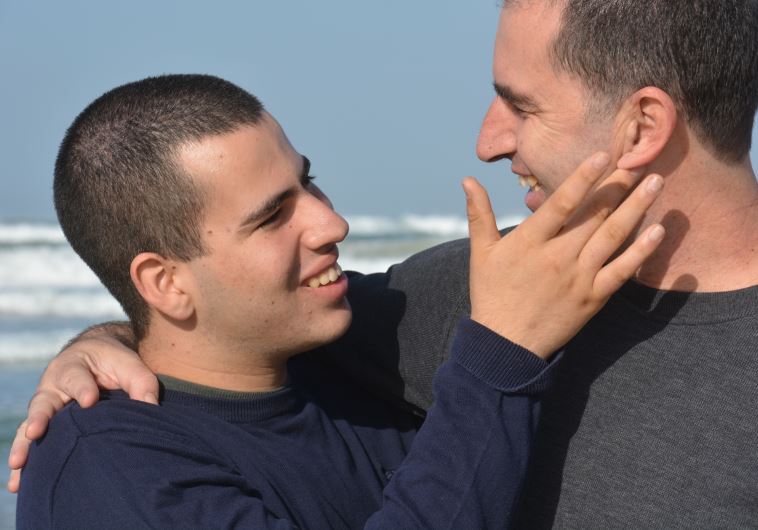Israeli startup's digital 'guardian angel' saving lives of children with special needs
AngelSense co-founder Nery Ben-Azar speaks to the 'Post' about his enterprise's tracking technology for children with special needs.
 AngelSense co-founder Doron Somer (R) and his son ItamarUpdated:
AngelSense co-founder Doron Somer (R) and his son ItamarUpdated: